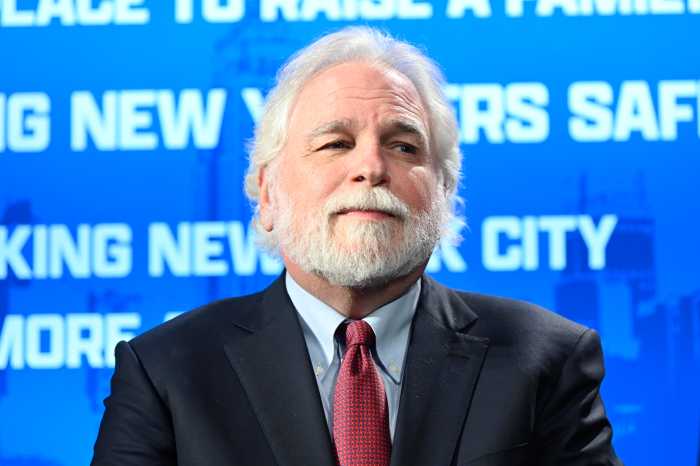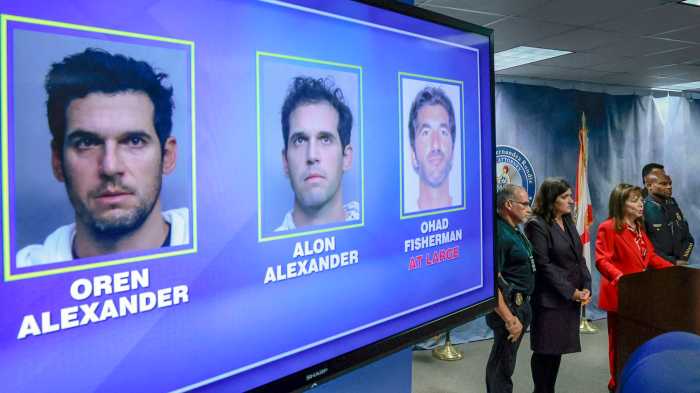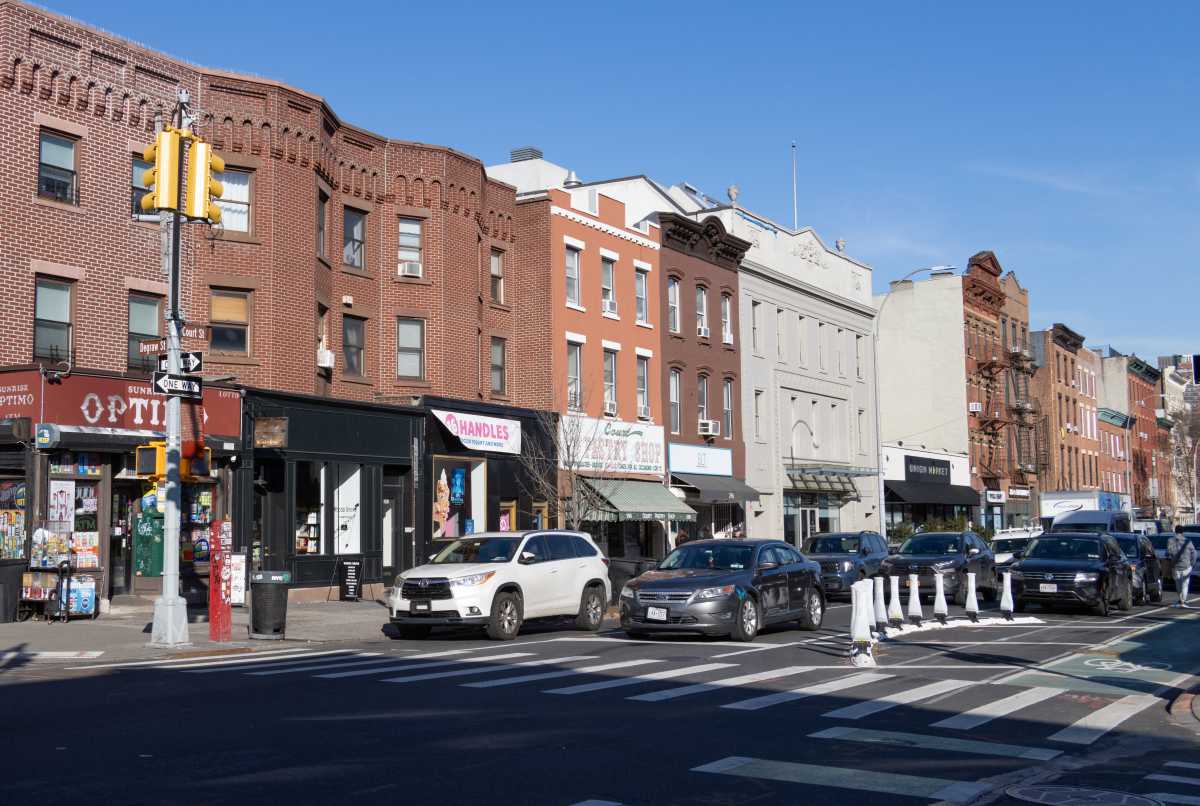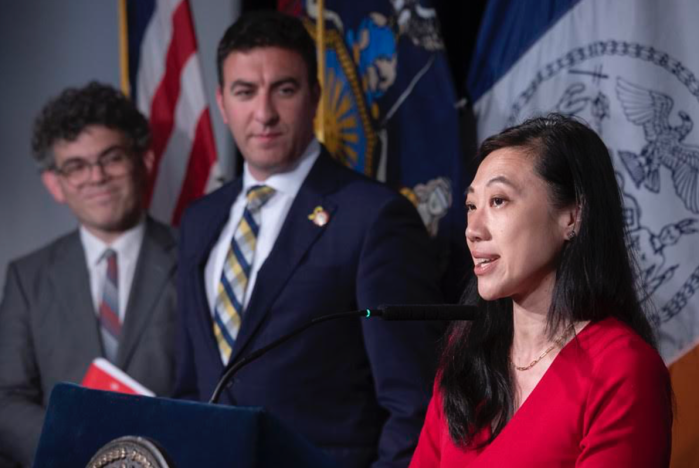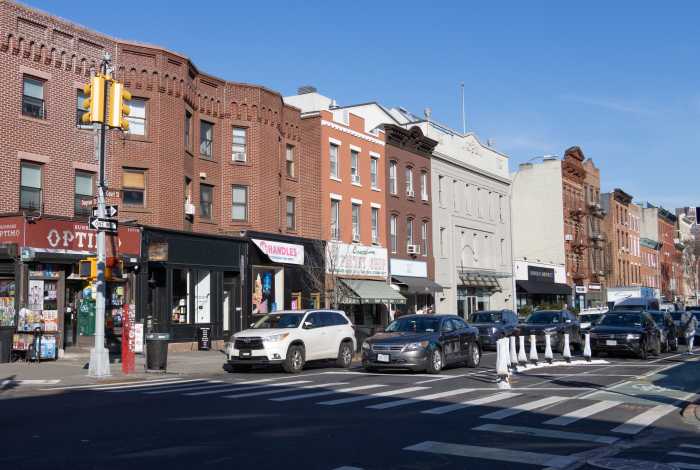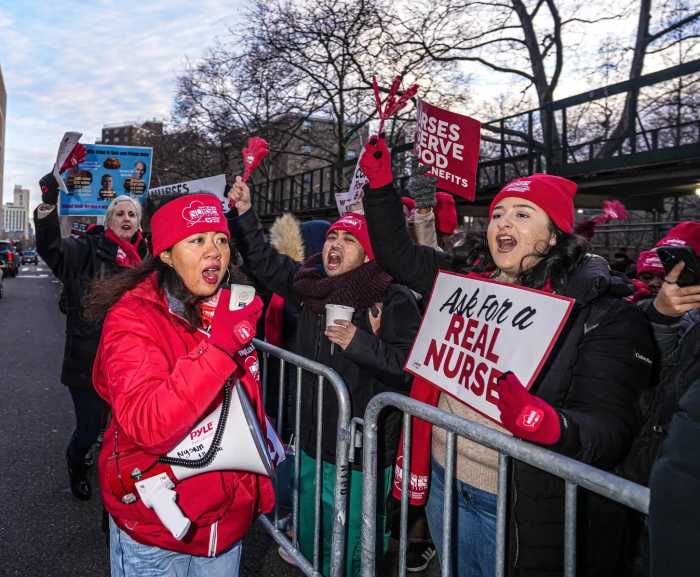Mayor Bill de Blasio’s administration is pushing to establish collection zones for the private waste industry as a way to cut back on truck traffic and greenhouse gas emissions while improving street and worker safety.
The idea, known as “franchising,” would allow private waste companies to bid on to-be-defined slices, or zones, of the city to do business. Instead of taking circuitous routes to collect waste and recyclables, the private companies would work in confined areas.
Zones would shave millions of miles off truck trips and cut company costs by improving work efficiencies through tighter regulations on the industry, according to a joint report released Wednesday from the Sanitation Department and the Business Integrity Commission (BIC), which licenses private waste companies in the city.
“The magnitude of the improvements in air quality and reduction in truck traffic, coupled with the projected stable pricing for businesses the study found, are compelling reasons for implementation of commercial waste collection zones,” said Sanitation Commissioner Kathryn Garcia in a statement.
Some 90 private waste companies travel about 23.1 million miles each year to collect trash and recyclables from about 108,000 of the city’s businesses, restaurants and hotels, according to the study, which found that companies are often traveling across multiple boroughs to make pickups.
By rerouting trucks into zones, greenhouse gas emissions would drop between 42% and 64% and truck traffic would be reduced between 49% and 68%, according to the study.
Labor and environmental groups that have pushed for industry reforms have strongly backed the proposal. The de Blasio administration said it will spend the next two years developing a collection zone plan.
But opponents are weary of parting from an open market system.
“There are serious concerns about the efficacy of the study released on the proposal for commercial waste zones,” said Kevin J. Kraushaar, of the National Waste & Recycling Association, in a statement. “Our experience nationwide shows that proposals such as these unfairly limit competition, and limited competition can lead to negative consequences.”



